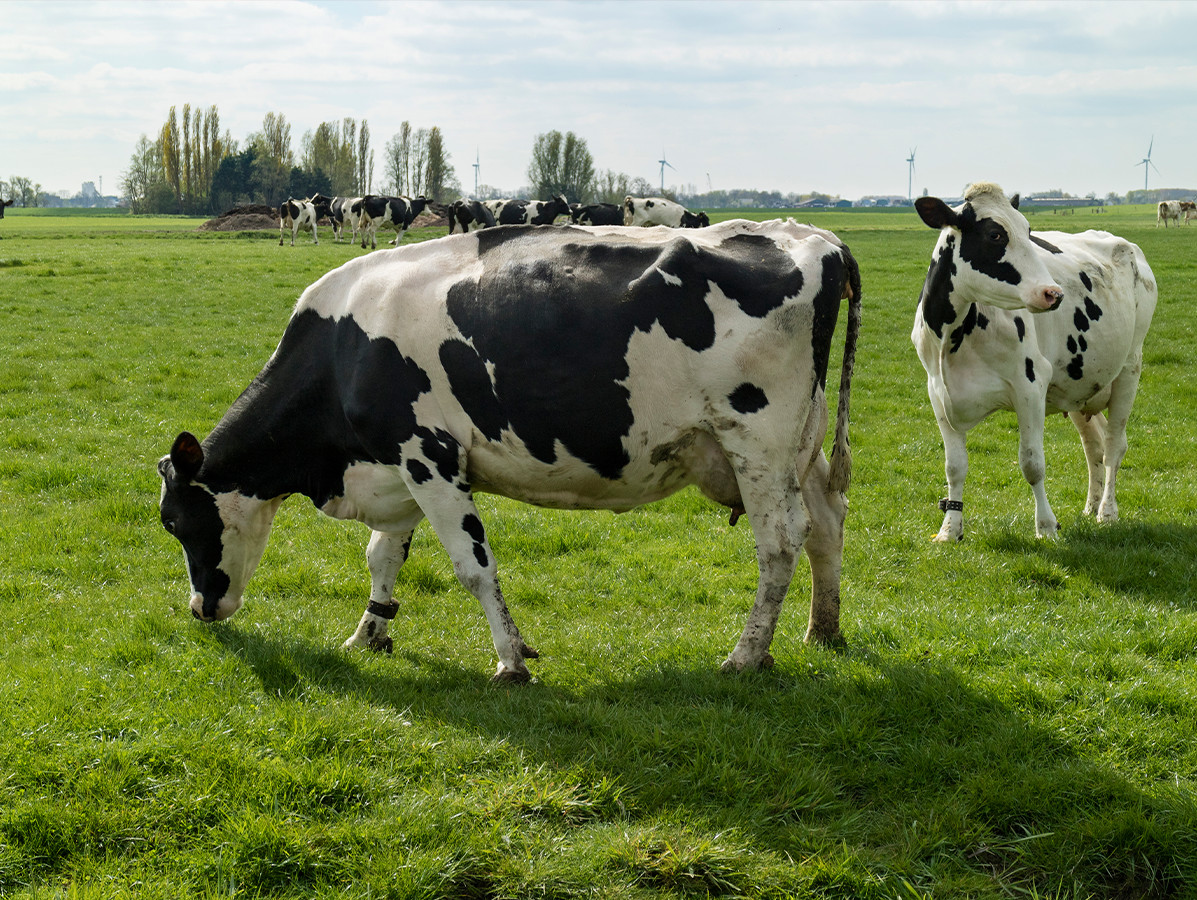
The Dutch Senate has approved the bill proposed by Coordinating Minister Schouten of Agriculture, Nature and Food Quality to reduce nitrogen emissions and improve nature. With this bill the government ensures that nature will be stronger and that nitrogen emissions and precipitation will be reduced. By 2030, nitrogen emissions and precipitation must be so low that half of the Natura 2000 nature areas will be below the critical deposition value.
The law includes a system of monitoring and adjustment: the effect of the source measures to reduce nitrogen emissions from agriculture, traffic, construction and industry is assessed annually and the recovery of nature every two years. The law also stipulates that PAS notifications (notifications of activities for which no permit was required before the Council of State's ruling) and notification-free activities will be legalized. Furthermore, measures required to reduce nitrogen emissions in a specific area are included in a provincial area plan.
With this law the government lays down that nature will be stronger and the nitrogen deposition will be lowered. The basic principle is to first gain nitrogen space, and only then to spend it on social and economic activities to a limited extent. Until 2030 almost three billion euro will be available for nature restoration and reinforcement and approximately two billion euro for (source) measures. Each sector will make a contribution and can count on financial support.
For agriculture this means a transition to future-proof (closed-loop) agriculture with as few emissions as possible. Funds will be made available for investments in sustainable livestock housing, less protein in cattle feed and better manure disposal. There will be a 175 million euro sustainable agriculture transition program to help farmers take these steps. Money will also be made available for farmers who want to voluntarily stop farming.
The bill includes a partial exemption from the nature permit requirement for the construction industry. The exemption applies to construction activities in the building, construction and demolition phases, where emissions are temporary and limited. This exemption facilitates the granting of permits for the construction of, among other things, homes, utility buildings, energy projects and activities in the civil engineering sector. To make this exemption possible, the government is reserving 500 million euros in the period 2021-2030 for nitrogen reduction in construction and 500 million euros for additional measures within or outside the construction sector. The government will make agreements with the construction sector about this reduction and related measures aimed at low-emission work and vehicles. The measures will be part of the structural approach to nitrogen. The government emphasizes that the (nitrogen) effects of the construction exemption will be periodically monitored so that adjustments can be made in time if necessary.
There is money to invest, over and above the legal obligation, in the best available technology for reducing emissions and nitrogen in industry. The government is also investing in cleaner construction machinery, electric taxiing of aircraft and in catalytic converters and shore power facilities.
Source: Ministerie Landbouw, Natuur en Voedselveiligheid